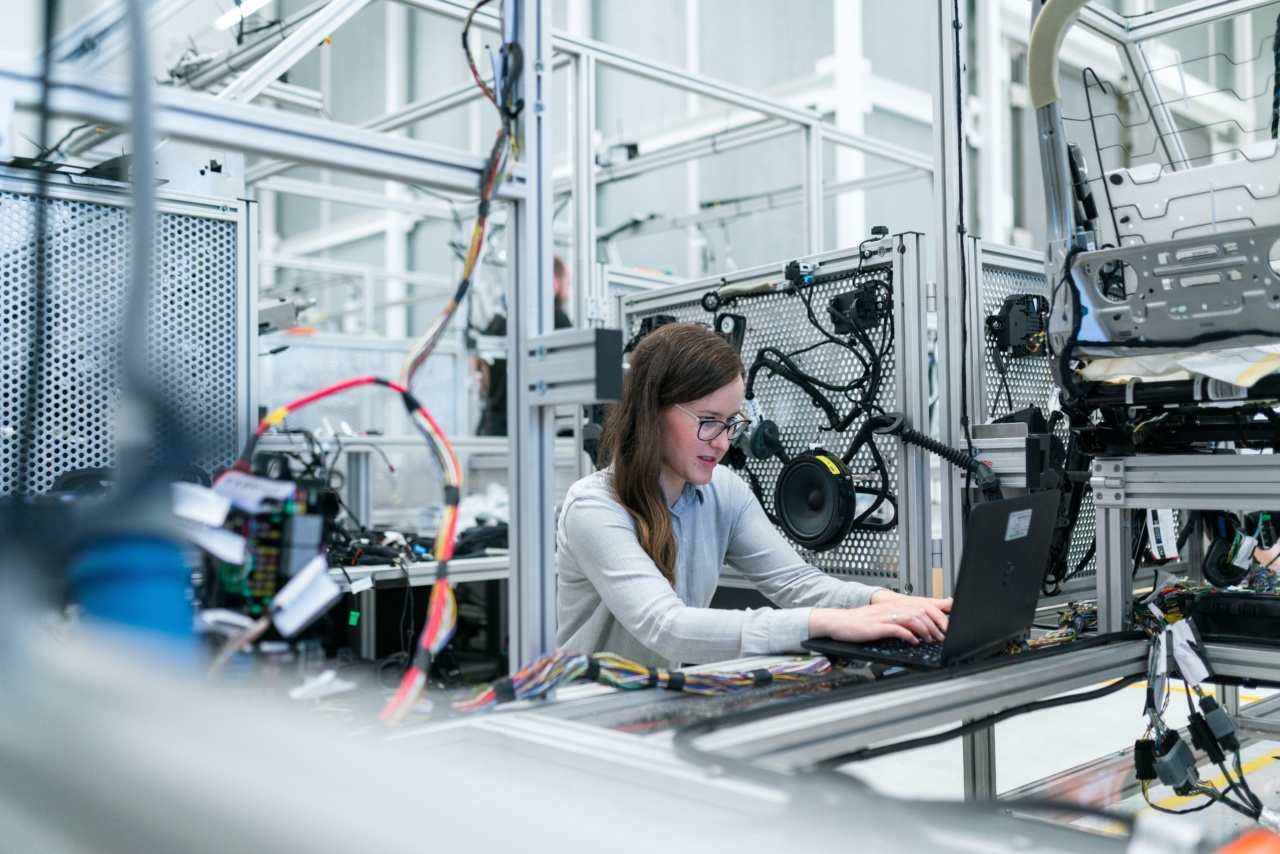Naan, a traditional leavened bread from South Asia, is not just a staple in many households but also a potential catalyst in advancing cancer research.
While it may seem surprising, recent studies have unveiled unique properties in naan that could contribute to new discoveries and breakthroughs in the fight against cancer. From its composition to its impact on the body, naan holds promising potential in unlocking the mysteries of this devastating disease.
Understanding Naan’s Composition
Before exploring its potential in cancer research, it is crucial to understand the composition of naan. Typically made from flour, water, yeast, and a pinch of salt, naan undergoes a leavening process, resulting in a fluffy and slightly chewy texture.
However, recent studies have revealed that naan contains several compounds that possess anti-cancer properties.
Naan’s Antioxidant Properties
One of the key components of naan is garlic, which is used both for flavor and its health benefits. Garlic contains organosulfur compounds such as allicin, which have been recognized for their potent antioxidant properties.
These compounds help neutralize harmful free radicals in the body, which can contribute to the development of cancer cells.
The antioxidant properties of naan, particularly due to the presence of garlic, can aid in reducing oxidative stress and preventing DNA damage.
By consuming naan regularly, individuals can potentially enhance their body’s defense mechanisms against cancerous cells.
Naan’s Potential Immunomodulatory Effects
In addition to its antioxidant properties, naan also possesses potential immunomodulatory effects.
The combination of various ingredients, such as yogurt and spices like turmeric, cumin, and coriander, gives naan a complex composition that may interact with the immune system.
Recent research suggests that certain components found in naan, such as curcumin in turmeric, exhibit immunomodulatory properties.
These compounds can potentially enhance the body’s immune response, aiding in the recognition and elimination of cancer cells.
The Role of Naan in Targeted Drug Delivery
Another aspect of naan’s potential in advancing cancer research lies in its ability to act as a vehicle for targeted drug delivery.
Nanotechnology has emerged as a revolutionary field in cancer treatment, aiming to deliver drugs directly to malignant cells while minimizing damage to healthy tissues.
Researchers have started exploring naan as a nanocarrier for delivering anticancer drugs. Due to its unique physicochemical properties, naan can encapsulate drugs and transport them to specific sites of interest.
This targeted drug delivery approach holds the potential to enhance the efficacy of anticancer treatments while reducing side effects.
Naan’s Impact on Gut Microbiota
Gut microbiota, consisting of a vast community of microorganisms in our digestive system, have been gaining attention in cancer research. Studies have shown that imbalances in gut microbiota can contribute to cancer development and progression.
Interestingly, naan, particularly when fermented using natural yogurt, can positively influence gut microbiota composition. The fermentation process enriches naan with probiotics, which are beneficial bacteria that promote a healthy gut environment.
By including naan in the diet, individuals may potentially enhance their gut microbiota profile, reducing the risk of certain types of cancer associated with dysbiosis.
Naan as a Vehicle for Active Compounds
The versatility of naan extends beyond its composition and impact on the body. Researchers have also explored naan as a vehicle for incorporating active compounds with potential anti-cancer properties.
Through modifications in the naan recipe or the addition of natural extracts, researchers have managed to enhance naan’s therapeutic potential.
By introducing compounds such as curcumin, resveratrol, or green tea extract into naan, it becomes not only a tasty bread but also a potential vehicle for targeted delivery of bioactive compounds with known anticancer effects.
The Future of Naan in Cancer Research
While the research exploring the potential of naan in advancing cancer research is still in its early stages, the findings so far are promising.
Naan’s composition, antioxidant properties, immunomodulatory effects, potential in targeted drug delivery, impact on gut microbiota, and versatility as a vehicle for active compounds all contribute to its potential significance.
As scientists delve deeper into understanding the mechanisms behind these properties, naan may play an essential role in future cancer prevention and treatment strategies.
From being a beloved bread on dinner tables to potentially becoming a powerful ally in the fight against cancer, naan holds the potential to make a remarkable impact on cancer research.






























